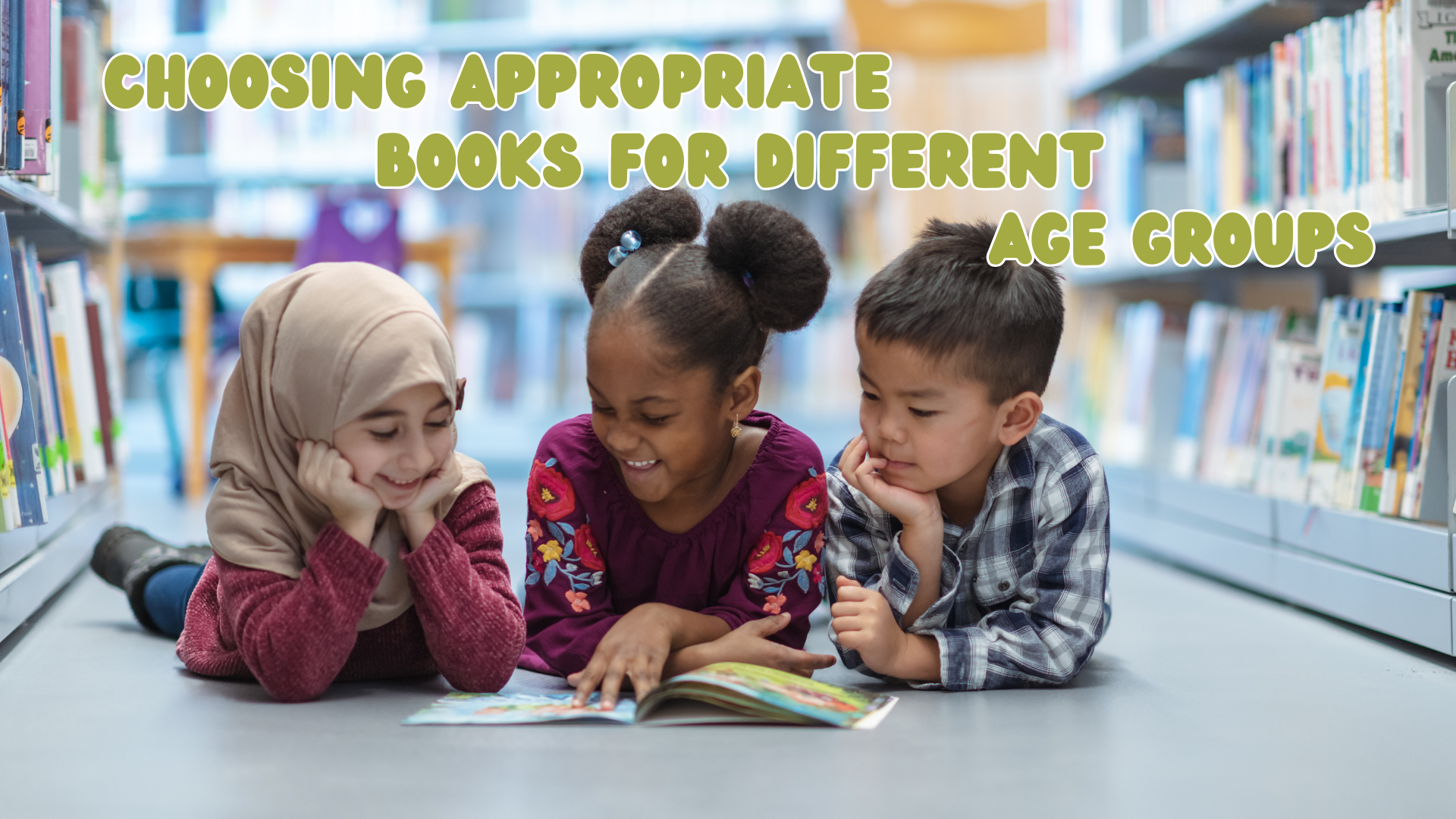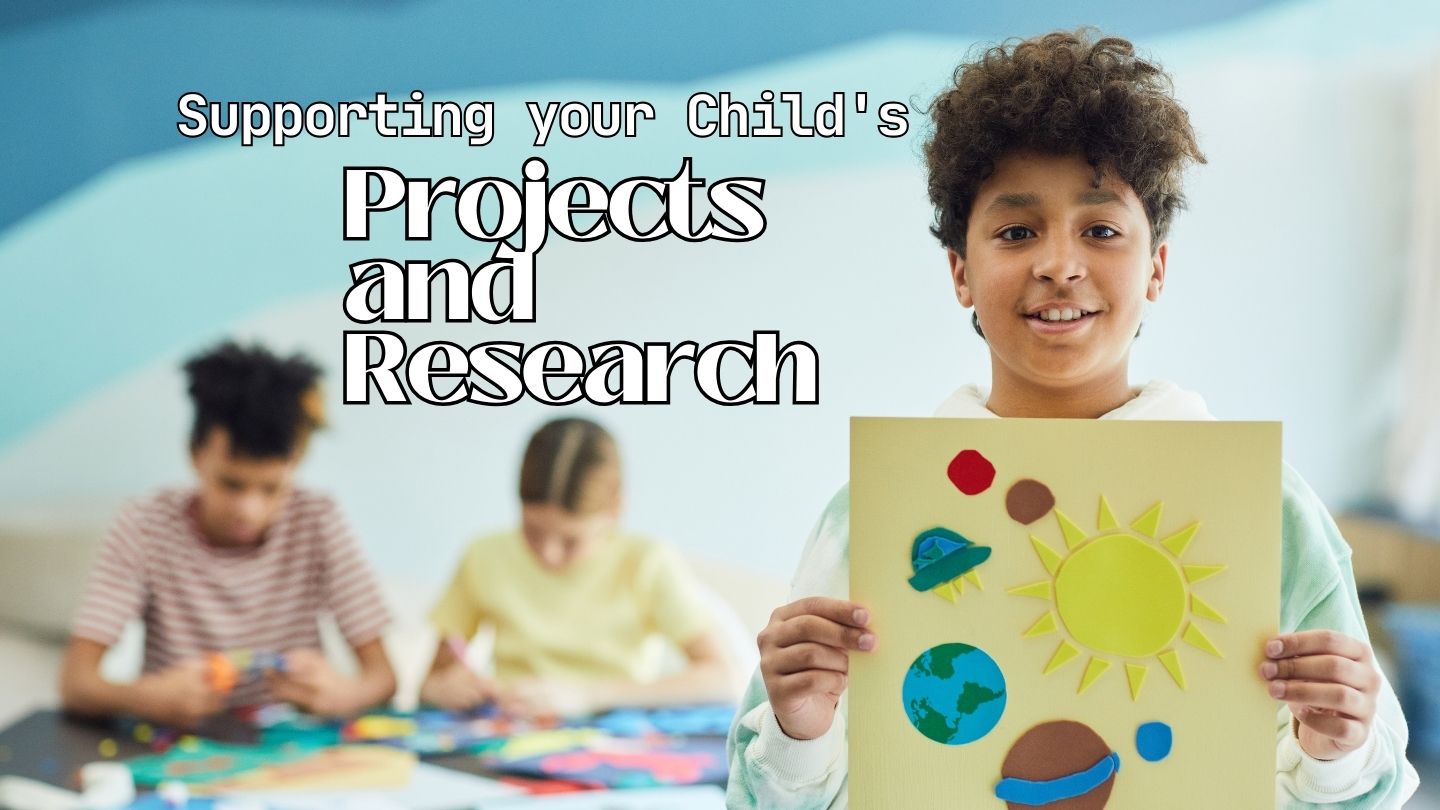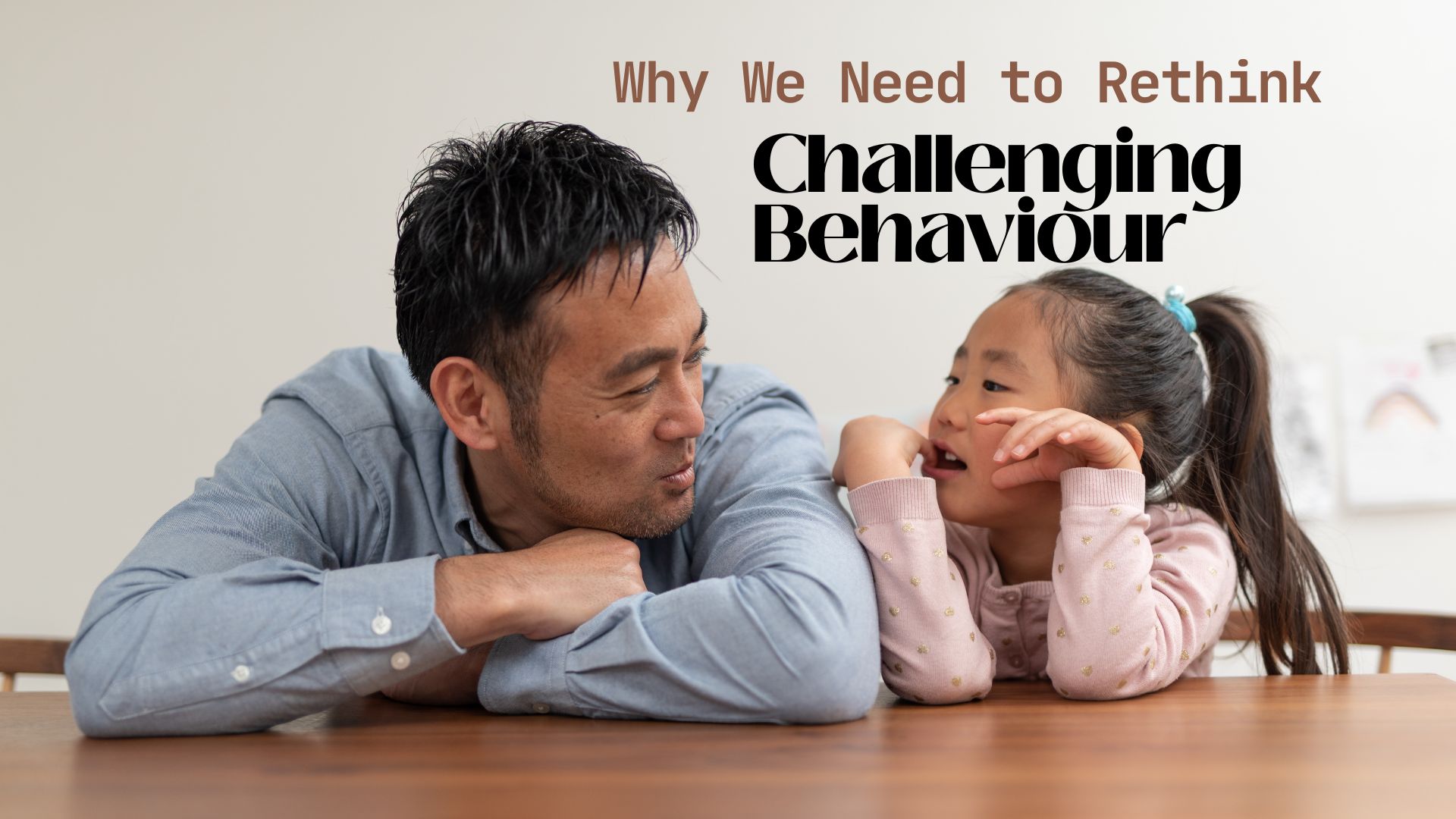Latest From Upschool
- Supporting your Child’s Projects and Research
- Age-Appropriate Expectations
- Why We Need to Rethink Challenging Behaviour
- Navigating the Dynamics of Sibling Relationships
- Creating a Culture of Learning at Home
- Creative and Easy DIY Projects for Parents and Children
- Tips for Working Parents
- Review Educational Apps, Games, and Other Tech Tools for Kids
-
-
No videos yet!
Click on "Watch later" to put videos here
- View all videos
-
-
-
Don't miss new videos
Sign in to see updates from your favourite channels
-
Guest Contributors
Health & Wellbeing (Guest Contributors)
Choosing Appropriate Books for Different Age Groups

Published by: Digital Schools
Selecting appropriate books for children of different age groups is an important task for parents, as it can foster a love of reading and support their cognitive and emotional development. Here are some general guidelines for choosing books for different age groups:
- Infants (0-2 years):
- Board books with simple, large, and colorful pictures.
- Books with textures or interactive elements for sensory exploration.
- Simple rhyming or repetitive texts for early language development.
- Soft books or cloth books that can be safely chewed on.
- Toddlers (2-3 years):
- Picture books with simple stories and relatable characters.
- Books about everyday experiences and routines.
- Interactive or lift-the-flap books for engagement.
- Rhyming or repetitive texts for language development.
- Preschoolers (3-5 years):
- Picture books with more complex stories and themes.
- Alphabet and counting books to support early learning.
- Books that encourage creativity and imagination.
- Classic fairy tales and folktales.
- Books that explore emotions and social situations.
- Early Readers (5-7 years):
- Beginning reader books with larger fonts and simple vocabulary.
- Series books (e.g., Dr. Seuss, Berenstain Bears) to encourage reading consistency.
- Non-fiction books about topics of interest.
- Illustrated chapter books for children transitioning to longer stories.
- Middle Readers (8-12 years):
- Chapter books with more complex plots and characters.
- Age-appropriate mysteries, adventures, and fantasy.
- Non-fiction books on topics they are curious about.
- Series books (e.g., Harry Potter, Percy Jackson) for avid readers.
- Graphic novels for visual engagement.
- Young Adults (13-18 years):
- A wide variety of genres to cater to individual interests.
- Classics and contemporary literature.
- Books that address relevant social and personal issues.
- Award-winning literature and young adult novels.
- Non-fiction and biographies to broaden their horizons.
TAGS
The content by "Digital Schools" which can be found under the "Guest Contributor" category on this platform is produced by Digital Schools PTY LTD. Digital Schools works in partnership with the school as a 3rd party provider to help build and maintain the school website. As well as this, we assist the school by engaging with a range of experts who already provide products and/or services to educational institutions and we work with them to produce and publish information to this website that we think may be relevant, interesting or topical to families within the community.
PLEASE NOTE: The views, opinions and content published by us are that of the "Guest Contributor" and/or publisher (Digital Schools). It should be noted that whilst the publisher and guest contributors are acting with the best intentions and in the best interests of the school and their community, sometimes the content may not necessarily reflect the views of the school. We welcome your feedback. Down the bottom of this page is a feedback form so you can let us know what you think.
NEW TO EXPLORE




